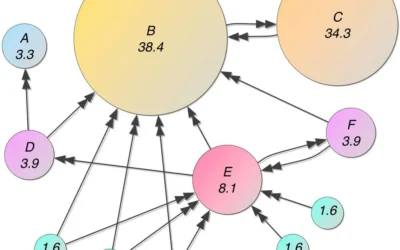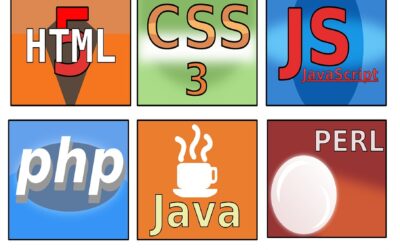
Understanding the impact of SEO on your online presence
Understanding the impact of Website SEO on your online presence is pivotal in today's digital age. SEO, short for Search Engine Optimization, involves enhancing a site's visibility on search engine results pages to attract more organic visitors[1]. By focusing on key...
A Comprehensive Guide to Flexbox
Background Before diving into the details of Flexbox, let's understand its background and purpose. The Flexbox Layout module, also known as Flexible Box, is a W3C Candidate Recommendation. It aims to provide a flexible way to lay out, align, and distribute space among...
The evolution of the web: A Journey from Web 1.0 to Web 3.0
In the ever-changing landscape of the internet, the terms “Web 1.0,” “Web 2.0,” and “Web 3.0” are frequently used to describe different eras of online development. However, these terms are often misunderstood and used interchangeably. In this article, we will delve...
What is a Website?
In today's digital age, a website plays a crucial role in establishing an online presence for individuals, businesses, and organizations. It serves as a platform to share information, promote products or services, connect with an audience, and facilitate various...
What is Mixed Reality: Exploring the Future of Technology
Introduction In a world where technology continues to evolve at an astonishing pace, the line between the virtual and real world is becoming increasingly blurred. What was once only imaginable in the realm of science fiction is now becoming a breathtaking reality....
The Languages of the Web: HTML, CSS, and JavaScript
In the world of web development, three languages reign supreme: HTML, CSS, and JavaScript. These languages are the building blocks of the web, allowing developers to create dynamic and interactive websites. In this article, we will explore the basics of HTML, CSS, and...






